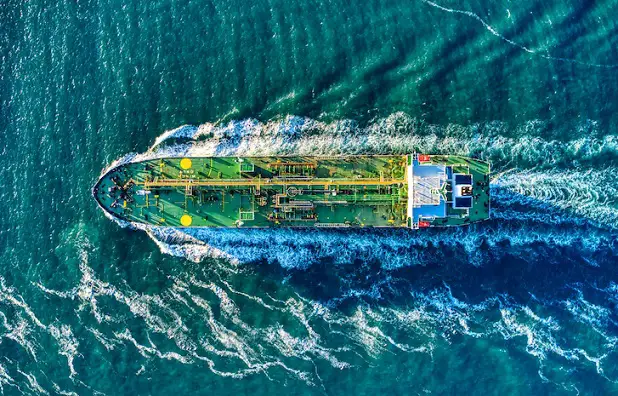For the first time since the EU, G7, and allied countries imposed a price cap on Russian crude oil sales, Russia’s Urals crude saw its price breach the $60 price cap this week in the first such instance since the measure was implemented in an effort to reduce Moscow’s soaring energy profits from sales to other nations amid the war in Ukraine.
According to Argus Media, on July 12th, the spot price for Urals crude hit $60.18 on July 12, while Primorsk and Novorossiysk-loaded cargoes reached $60.78 per barrel.
The price cap was imposed on Russian cargoes of crude oil last December. It prohibited Western companies from providing services required to ship the cargo, such as shipping insurance or brokerage services, unless the cargoes were sold at or below the cap price. A similar measure was imposed in February applying to petroleum products.
In response, Moscow made it illegal to sell oil and refined products to any buyer who so much as mentioned the price cap in their sales contract.
On Wednesday, Bloomberg wrote, “The latest data represents a victory of sorts for Moscow, which has assembled a shadow fleet of ships big enough to transport its crude to buyers with less need for services from companies in G7 countries.”
Analysts note that the rise of Urals crude above the cap is a, “setback to Europe and the US, which designed the policy to keep enough oil flowing to the global economy to prevent an inflation shock — while trying to crimp profits for Russia.”
Meanwhile, Bloomberg has also noted that Indian refineries are expected to soon encounter issues with banks over payments for the Russian oil they have been receiving, according to oil industry sources. As the prices of Russian crude rise, it may also exacerbate the challenges which will be faced by any specific Indian buyers who utilize western services to insure their imports of oil.
After other more traditional purchasers shunned Russian oil due to Western sanctions, India and China emerged as key buyers, eager to purchase the product at discounts.
Vandana Hari, founder of Vanda Insights said, “Indian banks have been extra cautious in the last few months for fear of sanctions, requiring the refiners to show that the free-on-board price of their cargo was below $60 in order to put the payment through.”
At one Indian refinery, an executive said that now that purchases of Urals loading in July may be priced above the cap, his refinery may have to switch from payments in dollars to some other currency.
Viktor Katona, the lead crude analyst at Kpler, echoed those remarks, saying that, “in case some Indian buyers becomes wary of transactional risks, the most likely change this is going to bring about is a change in currency.”
Katona noted that it is his belief that the Russian crude will continue to flow to India, since the vast majority is insured by non-Western companies which will ignore the cap, and it is overwhelmingly carried on Russian ships.


